
R S TEJUS:
Twenty-seven years after it was first proposed, the Hubballi-Ankola Rail Project (HARP) remains legally paralysed.
Therefore, any revival of HARP by the South Western Railway Zone of the Ministry of Railways will go against all legal and statutory norms.
The 168-KM-long ecologically catastrophic railway line proposed between Hubballi and Ankola in 1999 was rejected at every level – Karnataka High court, CEC, Supreme Court, National Green Tribunal, National Board of Wildlife, Site Inspection Committees, NBWL, Karnataka State Board of Wildlife and of course, ecological, environmental and wildlife scientists and other experts.
Despite Union Minister Prahlad Joshi’s recent assertion that the project is on track, the state and the Centre should remember that the Karnataka High Court has twice frozen its progress – first in June 2020, and again through an undertaking in August 2023. And further, the CEC, Supreme Court had completely rejected the HARP in 2015.
The saga of revival of this disastrous project in Western Ghats in 2017.
AND THE RECORD SHOWS:
- Repeated statutory violations,
- Environmental red flags, and
- A history of political overreach.
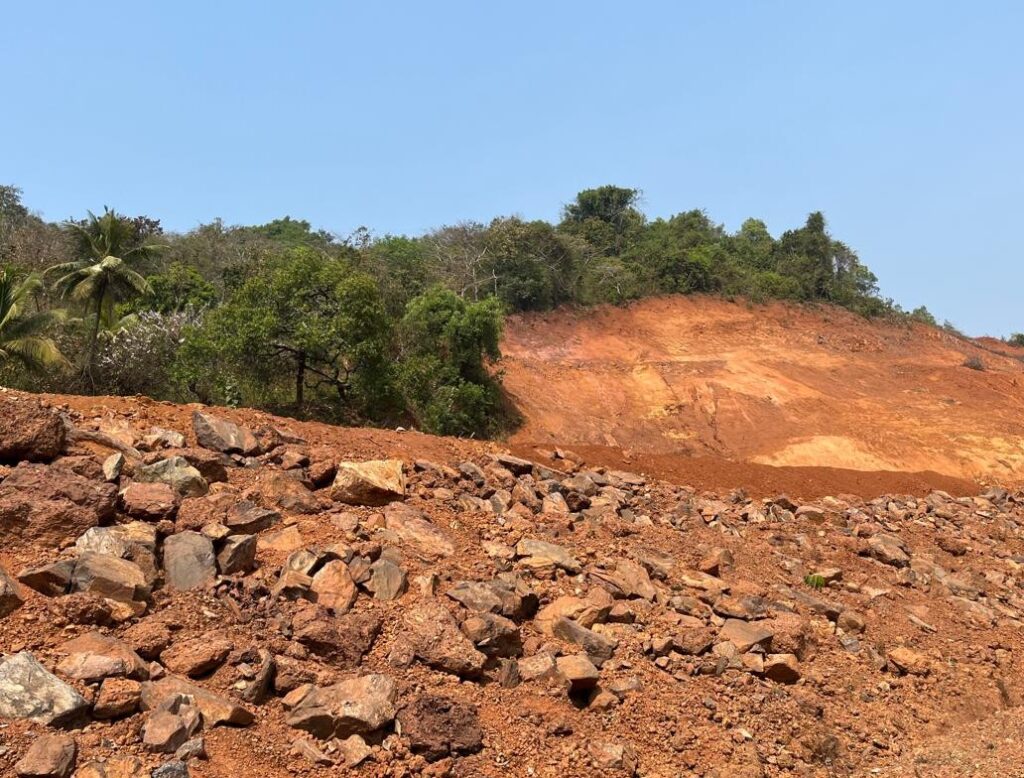
THE CHRONOLOGY OF LITIGATION & VARIOUS ORDERS
2023 | A COURT RECORDED HALT
On 24 August 2023, Chief Justice Prasanna B Varale and Justice M G S Kamal disposed of the three PILs (public interest litigation) filed by:
- Vijay Nishanth, Project Vruksha Foundation (W.P. No. 8067 of 2020)
- Giridhar Kulkarni, Conservationist (W.P. No. 8181 of 2020)
- J Manjunath, Wilderness Club (W.P. No. 12132 of 2020)
This was done only after South Western Railway (SWR) filed a sworn affidavit before the High court – dated 23 August 2023 that stated:
- We give an undertaking to comply with all directions of the National Board for Wildlife (NBWL),
- We will prepare a mitigation plan with the Wildlife Institute of India, and
- We will commence work only after getting all the clearances and approvals as required under law.
The Karnataka High Court Bench accepted this assurance as an undertaking to the Court – a legal embargo on any HARP activity without valid forest, environmental and wildlife clearances.
This means that, as of today, the South Western Railways cannot take up the below mentioned activities:
- No survey can be done,
- Cannot call for tenders,
- No tree-felling can lawfully begin
The SWR cannot take up any such activities for the Hubballi-Ankola Railway Project until the MoEFCC and NBWL both grant explicit approvals.
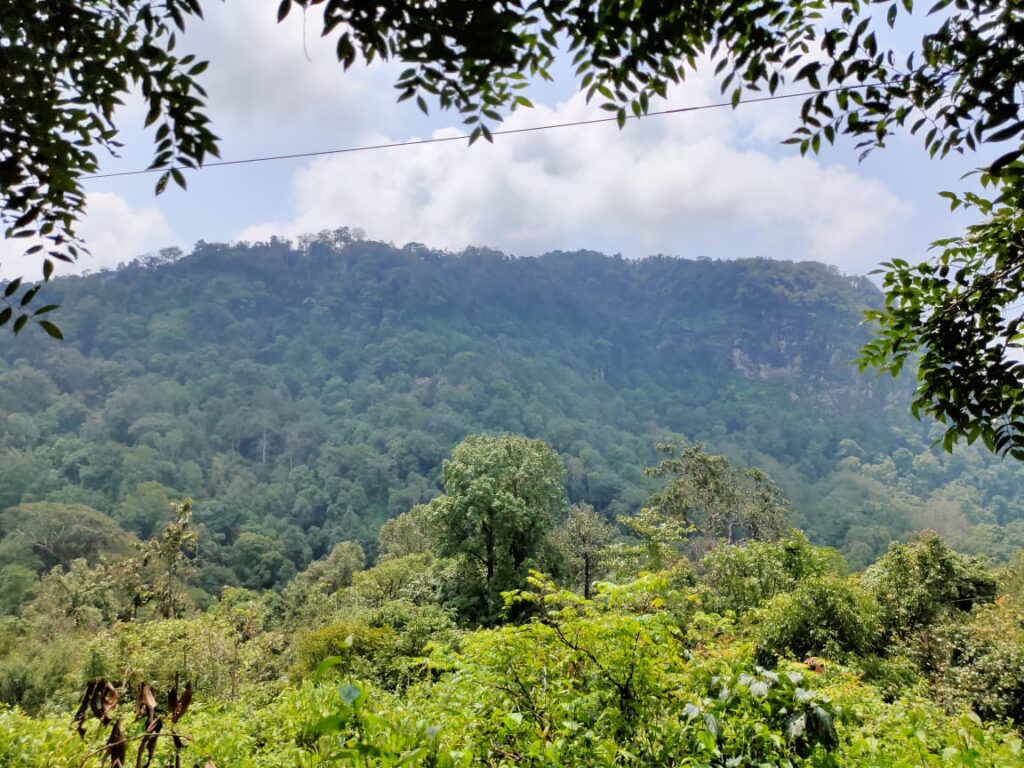
2021–2022 | NBWL ORDERS A SCIENTIFIC REVIEW
Beginning December 2021, the Karnataka High Court directed the NBWL to conduct an independent field survey of the entire 168-km alignment, including inputs from the National Tiger Conservation Authority (NTCA) and experts in landscape ecology.
A seven-member committee later found “gaps and discrepancies” in SWR’s data and asked for a fresh proposal, which remains pending.
The NBWL flagged that the railway cuts across the Kali Tiger Reserve–Sharavathi Valley corridor, threatening one of India’s most continuous tiger-elephant landscapes.
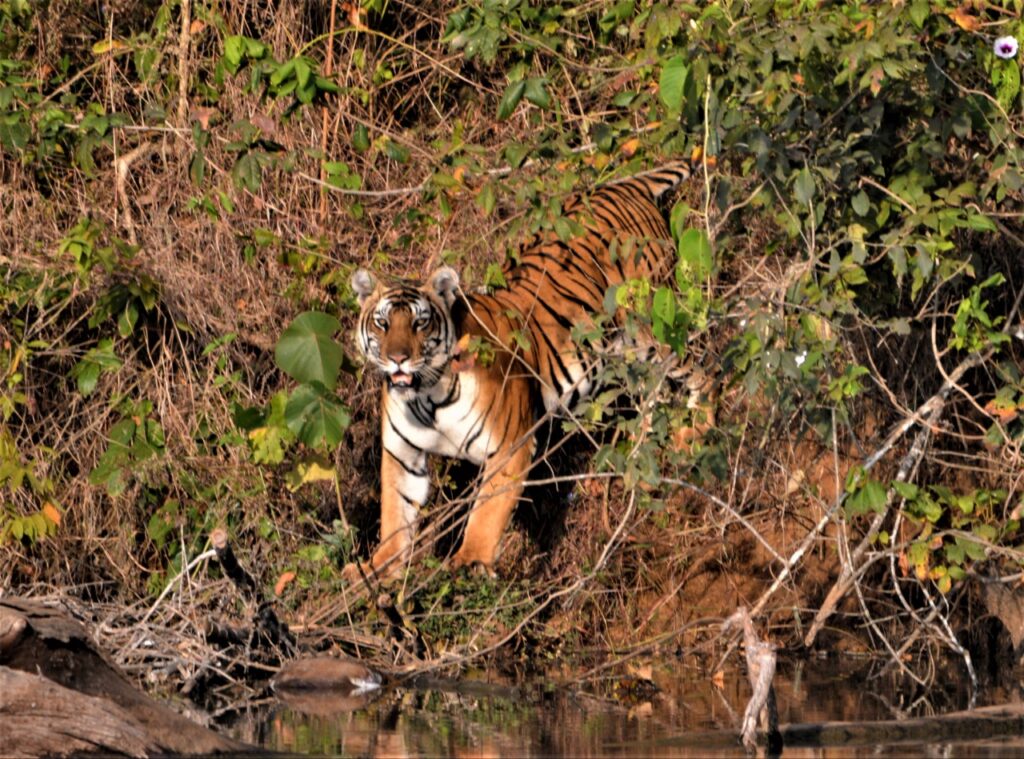
2020 | KARNATAKA WILDLIFE BOARD REVERSAL SPARKS PIL
The legal flash-point came in March 2020 during the Covid period.
9 March 2020: The State Board for Wildlife (SBWL), chaired by the Chief Minister, unanimously rejected the Hubballi–Ankola railway project proposal after citing severe ecological impacts.
20 March 2020: Merely 11 days later, the Chairman reconvened a 14th meeting in violation of Rule 4(2) and Rule 9 of the Karnataka State Board for Wildlife Rules (2006)—and invited four “special invitees”: Ministers Jagadish Shettar and Shivram Hebbar, former Minister R V Deshpande, and the Chief Secretary, none of whom had any kind of expertise in wildlife conservation.
These special invitees, the petition notes, argued for “development,” “prestige,” and “Vajpayee’s legacy,” leading the Chairman (former CM B S Yeddyurappa) to overturn the Board’s unanimous rejection without recording reasons.
This decision triggered the first PIL by Project Vruksha Foundation, which alleged statutory violations, conflict of interest, and contempt for expert opinion under the Wildlife (Protection) Act 1972 and Articles 21, 48-A and 51-A(g) of the Constitution.
On 18 June 2020, Chief Justice Abhay Sreeniwas Oka and Justice R. Nataraj granted an interim stay, observing that the volte-face “calls for closer scrutiny.” The stay remained effective until 2023, ensuring that no work proceeded on the ground from Huballi to Ankola.

2019–2018 | REJECTIONS BY NTCA and NBWL
In 2018, both the NTCA and the NBWL Site Inspection Committee rejected the Hubballi–Ankola railway proposal.
Their reports found that the HARP line would:
- Cut through 595.64 ha of dense forest inside the Western Ghats World Heritage Site
- Fragment the primary tiger corridor between Kali and Sharavathi
- Threatens an area which hold an estimated 36–42 tigers and
- Delivers a minimal local economic benefit.
The NBWL’s 50th meeting in September 2018 concluded that the project had “no valid rationale”, citing the near-halt of iron-ore mining and availability of alternate rail routes.
Despite this, the State Government resubmitted the same proposal to the Karnataka SBWL, setting the stage for the 2020 reversal.
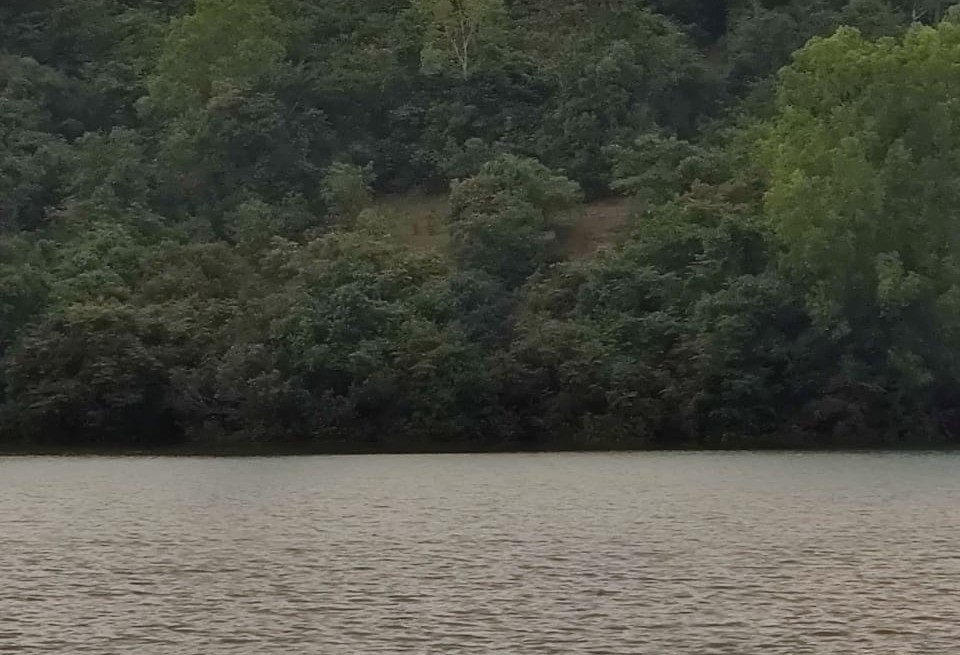
2017 | REC and IISc CONTROVERSY
In 2017, the Regional Empowered Committee (REC) of MoEFCC recommended only a conditional Stage-I clearance, asking for a wildlife appraisal and a proper EIA.
The State Government instead relied on an Indian Institute of Science (IISc) flawed report commissioned by the Infrastructure Development Department in 2011.
However, the Central Empowered Committee (CEC) of the Supreme Court later held that IISc’s study was not a sanctioned wildlife assessment, noting that the institute was “not an accredited EIA consultant” and that “no amount of mitigation measures would be adequate to contain the severe adverse impact of the project” on the Western Ghats.
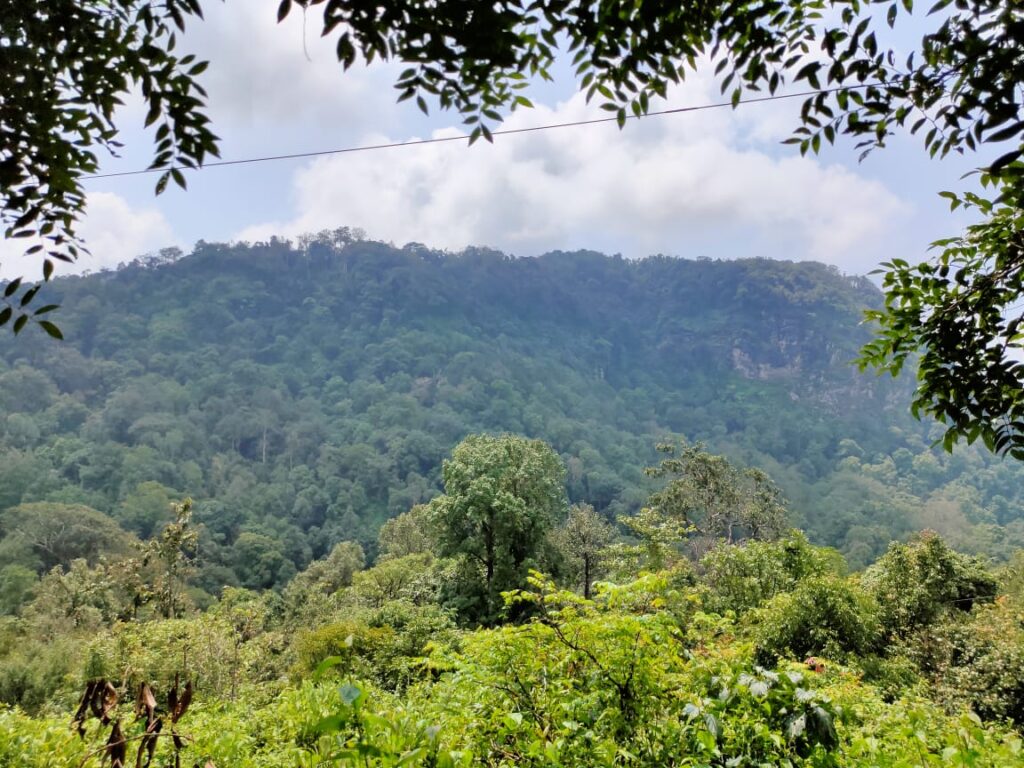
2015 | CEC to SUPREME COURT: “REJECT IT ENTIRELY”
In 2015, the CEC submitted a landmark report to the Supreme Court stating that the Hubballi–Ankola railway would cause “huge and irreparable damage” to forests and biodiversity of the Western Ghats, and advised that the MoEFCC not reconsider or approve the proposal.
The report emphasized that fragmentation would extend far beyond the 595 hectares sought for diversion, triggering encroachment, illegal felling, and habitat loss over a much wider zone.
2006: FIRST CASE FILED ON HARP
This was the start of the long litigation process against the Hubballi-Ankola Railway Project when Pandurang Hegde of Parisara Samrakshana Kendra and J Manjunath of Wilderness Club filed the case in the Supreme Court.
Shockingly, work between Hubballi and Kiravatti was undertaken on the Hubballi-Ankola Railway Project. Around Rs 60 crore was also spent on the project till March 2006. “Lot of trees were felled by the South Western Railways despite lack of any forest clearances during construction and survey,” activists allege.
Both Pandurang Hegde and J Manjunath filed a case in 2006 and the apex court asked the Chief Empowered Committee to look into the matter and submit its report. The CEC in its report of 2015, rejected the HARP proposal lock, stock and barrel (Application No: 952 of 2006).
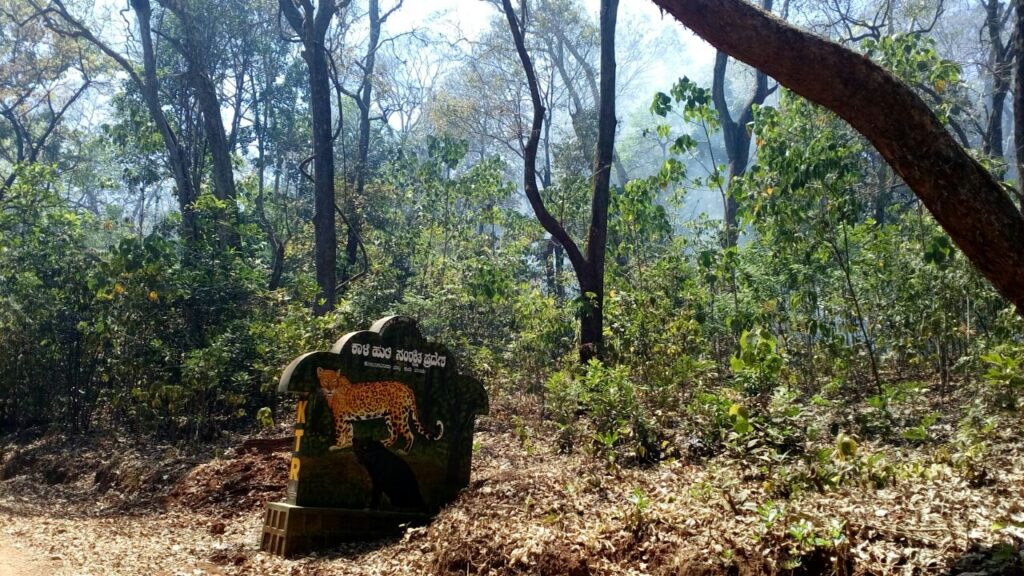
2004–2010 | FOREST ADVISORY COMMITTEE REJECTIONS
The Principal Chief Conservator of Forests (PCCF) had already rejected the project in 2002, calling it unnecessary both economically and environmentally.
In 2004, the MoEF’s Forest Advisory Committee (FAC) formally refused forest clearance, warning of soil erosion, biodiversity loss, and hydrological damage to river systems like the Bedthi and Aghanashini.
The MoEF confirmed this rejection on 10 June 2004, stating there was “no justification for the line; its implementation would be a tragedy on the prime forests of the Western Ghats.”
The Forest Advisory Committee reaffirmed this position again in 2010, saying the ecological cost of HARP outweighed any transport advantage.

1998 | THE GENESIS: IRON ORE AMBITION
The Hubballi–Ankola railway project (HARP) was conceived in 1998 to move iron and manganese ore from the Ballari–Hospet mining belt to new ports at Tadri (Ankola) and Karwar.
The project originally sought diversion of 965 ha of forest across Dharwad, Yellapur, and Karwar divisions, later reduced to 595 ha as rejections and opposition mounted.
Since then, the economic rationale has vanished—the Supreme Court’s 2013 mining cap in the Bellary-Hospet region halted exports while the ecological objections have only grown stronger.
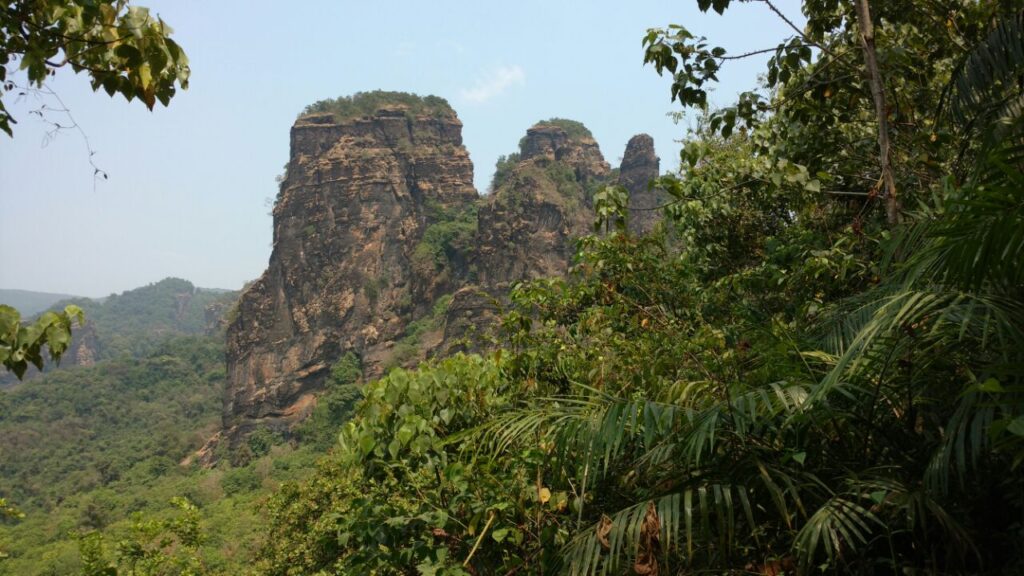
A STATUTORY OVER REACH, SAYS PETITION
The petition before the Karnataka High Court argues that the Chief Minister’s 2020 decision to re-convene the SBWL and reverse the Board’s own vote violated both statutory procedure and legislative intent of the Wildlife (Protection) Act 1972.
Citing precedents like Centre for Environment Law v. Union of India (2015) and Bimal Gogoi v. State of Arunachal Pradesh (2017), it contends that the Chairperson of a statutory wildlife board cannot overrule expert consensus or act beyond the Act’s conservation mandate.
The petition also highlights violation of India’s National Wildlife Action Plan (2017–2031), which directs that roads and railways must bypass national parks, sanctuaries and corridors.
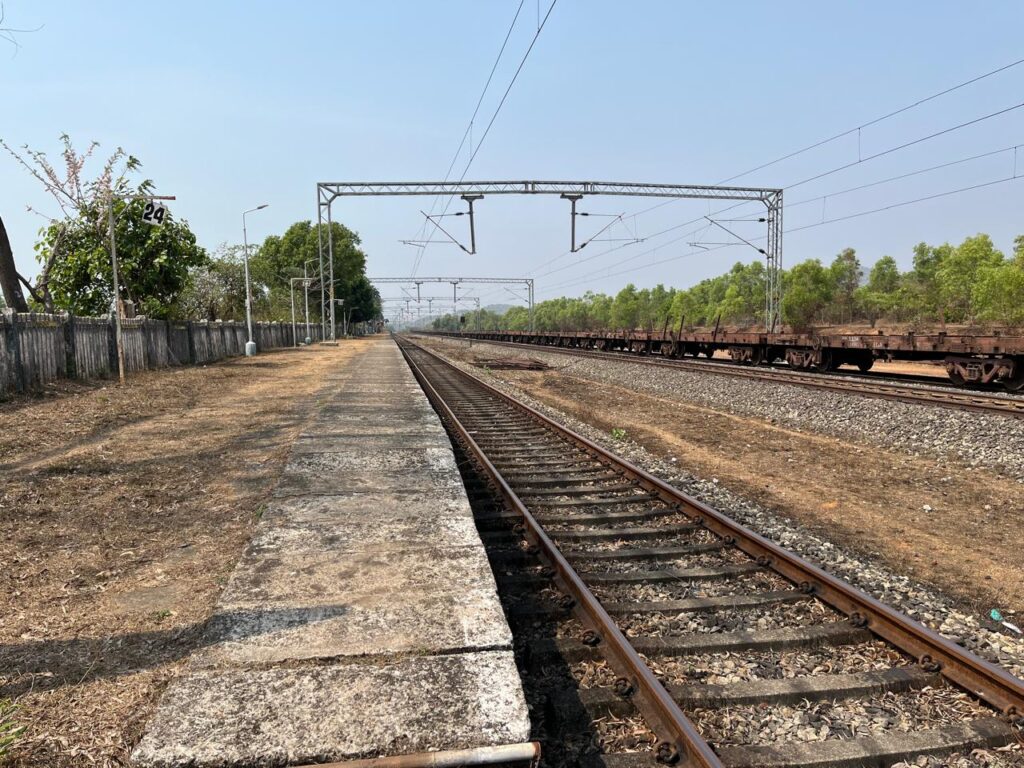
THE CURRENT STATUS
LEGALLY & PROCEDURALLY THE HUBBALLI-ANKOLA RAILWAY PROJECT REMAINS STOPPED IN ITS TRACKS.
The South Western Railway’s HARP proposal has:
- no wildlife clearance,
- no forest clearance (Stage I or II), and
- a High Court-recorded undertaking prohibiting any work until those are secured.
The 2023 order stands as a judicial checkpoint, while the ecological objections from the CEC, NTCA, NBWL, and IISc counter-reports remain unaddressed.
After 27 years, multiple rejections, and millions spent on paperwork, the Hubballi–Ankola Railway Project (HARP) continues to symbolize a broader question: How many times can a project be revived when every scientific and statutory body has already said a big “no”?
(This is Part-1 of Green Minute News’ Investigative Series on the Hubballi-Ankola Railway Project (HARP).)
